The US cellist on creating a balanced career and the influence of musical parents
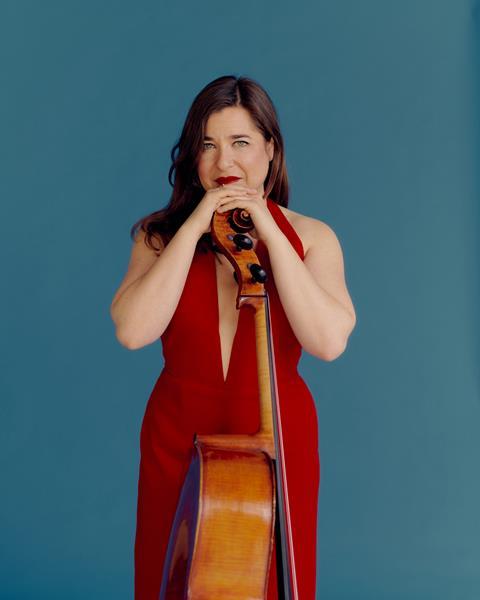
Discover more Featured Stories like this in The Strad Playing Hub.
Read more premium content for subscribers here
My parents led by example. As renowned musicians themselves, they would practise early in the morning, so I woke up to the sound of music nearly every day of my early life. My father taught me how to practise a piece at every stage: learning the notes, how many fingerings to put in, how to work out passagework, when to use a metronome and so on. Most importantly, he preached never to divorce technique from music. Even if you’re practising at half tempo, keep the phrasing and intention.
I began playing with orchestras at a young age. I largely played with regional ensembles at first, where I could afford to take time to learn the repertoire and to play with all types of conductors. I learnt how to play with everybody, which was so critical to my own development and to my psychology. You’re going to have great experiences but also tough ones. I’m very grateful for the wisdom of my family and my teachers, who encouraged me to build slowly and steadily.
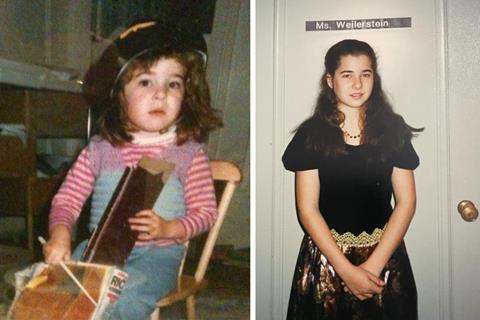
Although I’d recommend playing with regional orchestras firstly, everyone’s path is unique. Comparing yourself to others is useless and counter-productive. Surround yourself with people who will be honest, not just ‘yes’ people, and know who your real friends are. There’s so much that goes into building a successful career, especially when starting out. It always makes me think of an iceberg: the tip is all the success, and underneath there’s all the rejection and all the sad emails home! Someone once told me, ‘Things have always gone easily and well for you!’ I laughed pretty hard at that one, because that simply isn’t true for anybody.
Surround yourself with people who will be honest, not just ‘yes’ people
In our industry, there’s always a danger of living in an ivory tower, and I think we really need to figure out ways to connect our contemporary world with concert music, now more than ever. However, that does not mean compromising on quality. I have focused on education, as well as doing my best to promote the composers of our day and to play their music with the same commitment that I play the masterpieces of the past. To be a part of the creation of future repertoire is very exciting. Music is a living art form, and while it requires discipline and dedication, it is equally about connection – whether that’s connecting deeply to the music we play or to the world around us.
INTERVIEW BY RITA FERNANDES
Read: ‘A deeply moving experience’: Alisa Weilerstein discusses Beethoven’s Cello Sonatas
Listen: The Strad Podcast #73: Cellist Alisa Weilerstein on ‘Fragments’
Discover more Featured Stories like this in The Strad Playing Hub.
Read more premium content for subscribers here
The number one source for playing and teaching books, guides, CDs, calendars and back issues of the magazine.
In The Best of Technique you’ll discover the top playing tips of the world’s leading string players and teachers. It’s packed full of exercises for students, plus examples from the standard repertoire to show you how to integrate the technique into your playing.
The Strad’s Masterclass series brings together the finest string players with some of the greatest string works ever written. Always one of our most popular sections, Masterclass has been an invaluable aid to aspiring soloists, chamber musicians and string teachers since the 1990s.
The Canada Council of the Arts’ Musical Instrument Bank is 40 years old in 2025. This year’s calendar celebrates some its treasures, including four instruments by Antonio Stradivari and priceless works by Montagnana, Gagliano, Pressenda and David Tecchler.

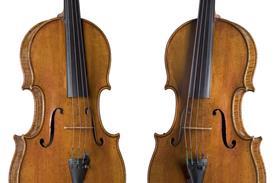


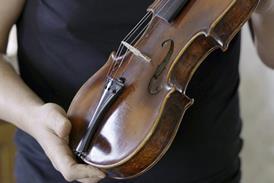




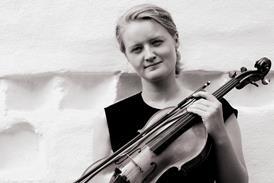



























No comments yet